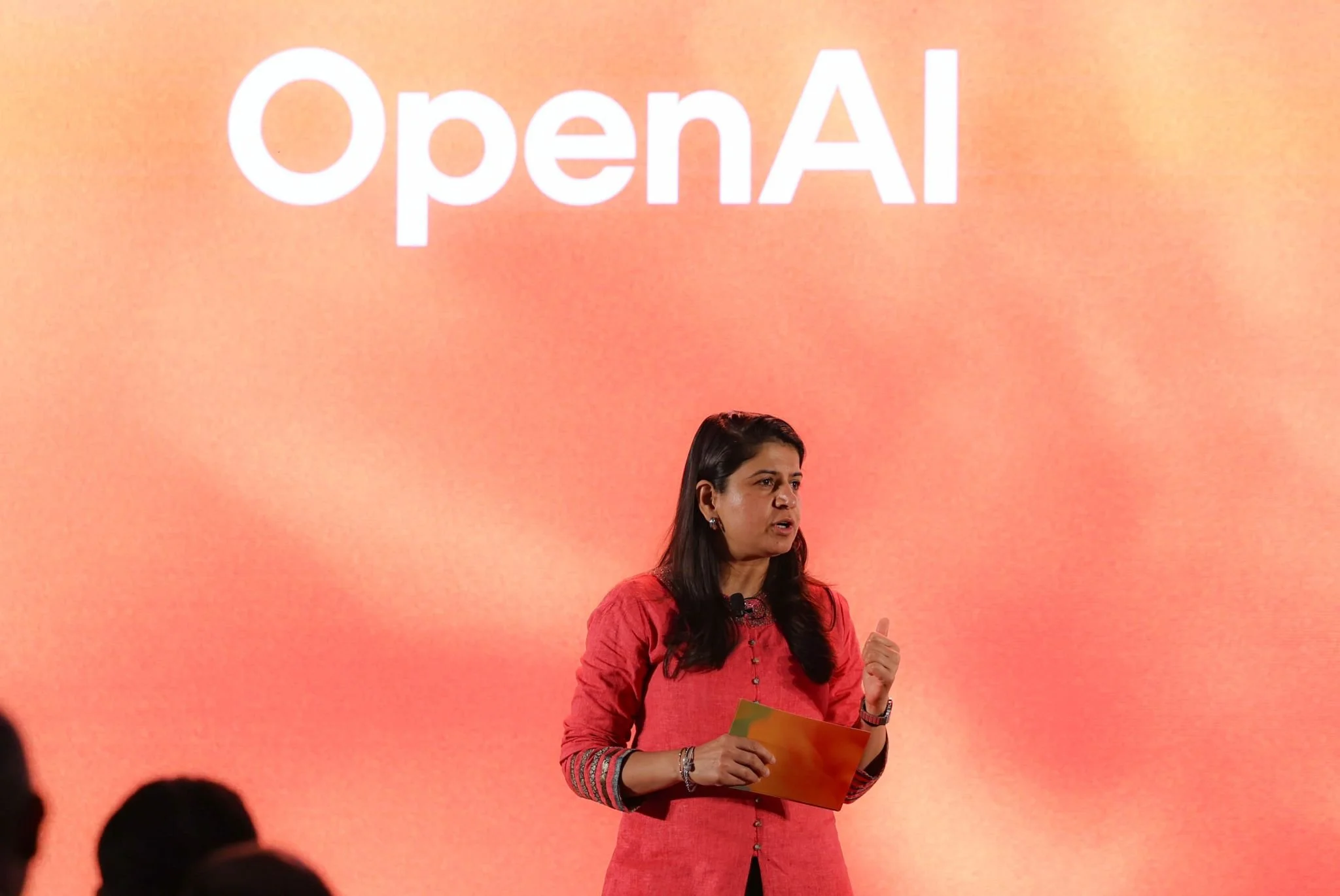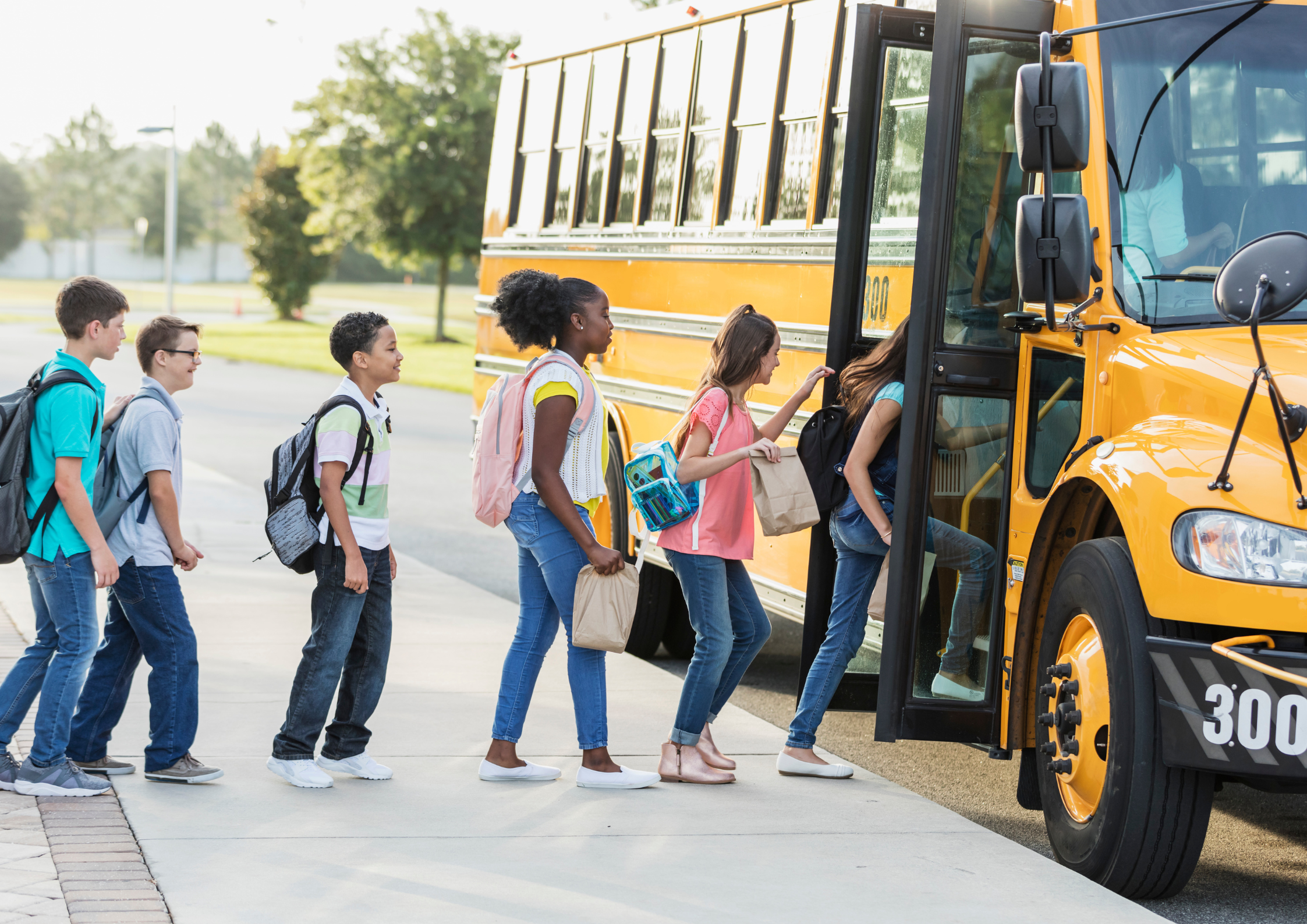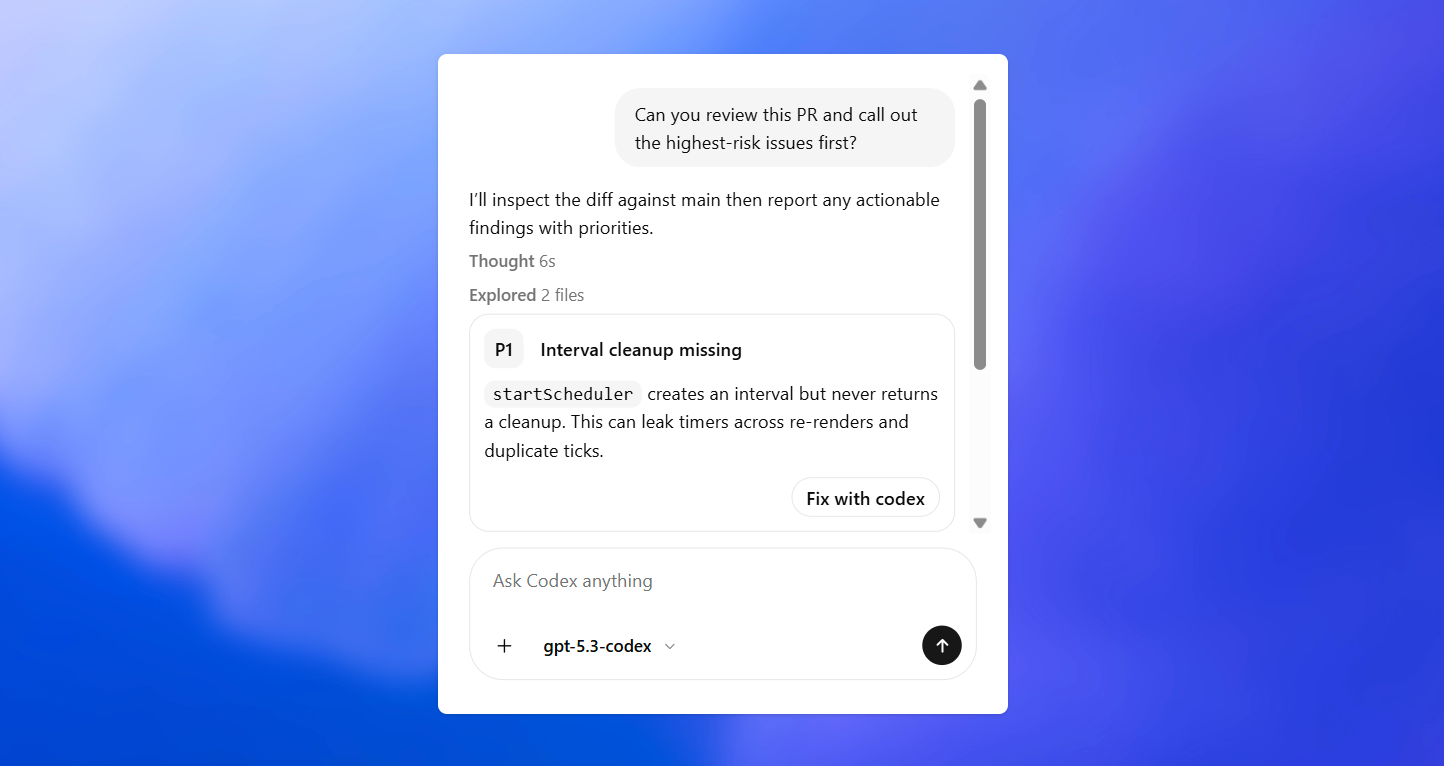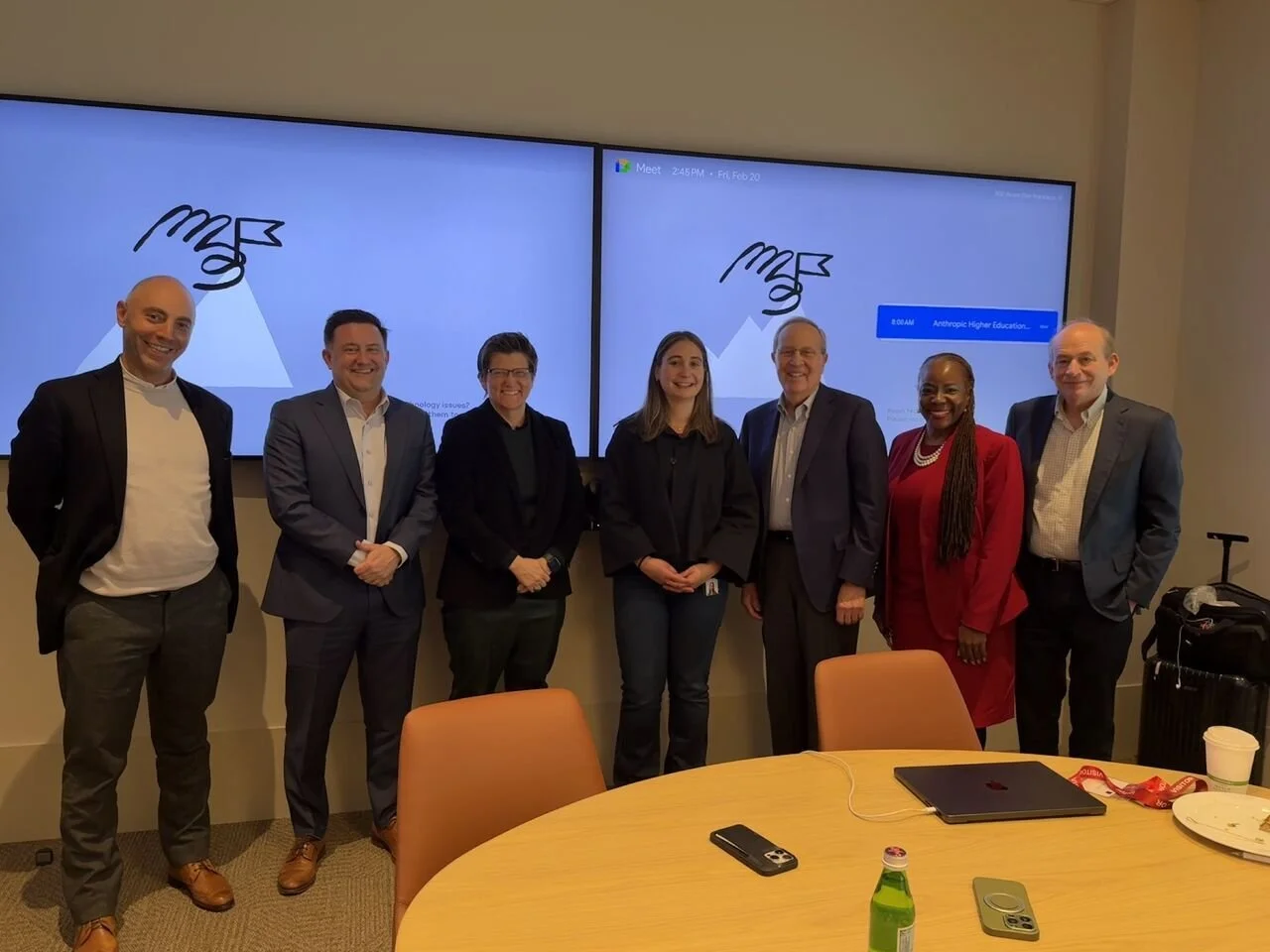England updates Keeping Children Safe in Education to include AI, cybersecurity, and digital misinformation
The 2025 version of the statutory safeguarding guidance introduces new expectations around online filtering, cyber resilience, and the risks of misinformation in English schools and colleges.
The Department for Education (DfE) has published the 2025 edition of Keeping Children Safe in Education (KCSIE), its statutory safeguarding guidance for all schools and colleges in England. The revised guidance, currently issued as a draft for information, is due to come into effect on September 1, 2025.
The update introduces several new references and expectations related to digital safeguarding, reflecting evolving risks around artificial intelligence, cyber-security, and online misinformation. These changes appear in Part Two of the document and are directed primarily at governing bodies, proprietors, and designated safeguarding leads.
Misinformation and conspiracy theories formally classified as online harms
Paragraph 135 of the 2025 guidance expands the DfE’s definition of harmful online content to include misinformation, disinformation, and conspiracy theories. These are now listed alongside existing risks such as pornography, racism, radicalization, self-harm, extremism, and online grooming.
The section emphasizes that technology is a significant component in many safeguarding and wellbeing issues and that children may be exposed to multiple risks simultaneously, both online and offline. The explicit addition of misleading and conspiratorial content signals a growing concern about its impact on children’s development, decision-making, and exposure to extremist ideas.
New guidance on AI use in education
Paragraph 143 introduces a direct link to the DfE’s product safety expectations for generative artificial intelligence in schools. While the KCSIE document itself does not prescribe how AI should be used, it highlights the need for appropriate filtering and monitoring systems when AI tools are accessible to students.
This addition aligns with broader departmental efforts to balance innovation in digital learning with safeguarding and data protection obligations.
Self-assessment tools for filtering and monitoring
In paragraph 142, the DfE recommends that schools and colleges use the ‘Plan Technology for Your School’ tool, an online resource that allows institutions to self-assess their filtering and monitoring infrastructure. The tool supports compliance with the DfE’s filtering and monitoring standards, which require schools to:
Identify and assign roles for managing digital safety systems
Review provisions annually
Block harmful content without disrupting teaching and learning
Implement effective monitoring strategies appropriate to their safeguarding needs
Cybersecurity standards added to support digital resilience
Paragraph 144 refers to the DfE’s cybersecurity standards for schools and colleges, which were developed in collaboration with the National Cyber Security Centre (NCSC). These standards outline the technical and procedural steps education providers should take to protect systems, data, and users from cyberattacks.
Recommended actions include regular backups, access control policies, secure configuration of devices and software, and procedures for responding to data breaches. The DfE urges institutions to periodically review their systems to ensure they remain resilient to emerging cyber threats.
Annual online safety review recommended
While not new, paragraph 145 reiterates the expectation that schools and colleges conduct an annual review of their online safety provision. This includes carrying out a risk assessment that reflects the specific threats facing their student population, especially those who are considered more vulnerable.
The guidance also points to free self-review tools such as 360safe and the LGfL online safety audit.
Additional changes unrelated to technology
While the 2025 update is primarily technical, it also includes broader safeguarding revisions such as:
Support for kinship care added to the role of Virtual School Heads (para 199)
Statutory status for attendance guidance (para 177)
Revised terminology aligned with the SEND Code of Practice (para 205)
Signposting to new RSHE and gender-questioning children guidance (paras 128, 204)
New resources such as Shore Space from the Lucy Faithfull Foundation (para 545) and safeguarding materials from the CSA Centre and The Children’s Society (Annex B)





















